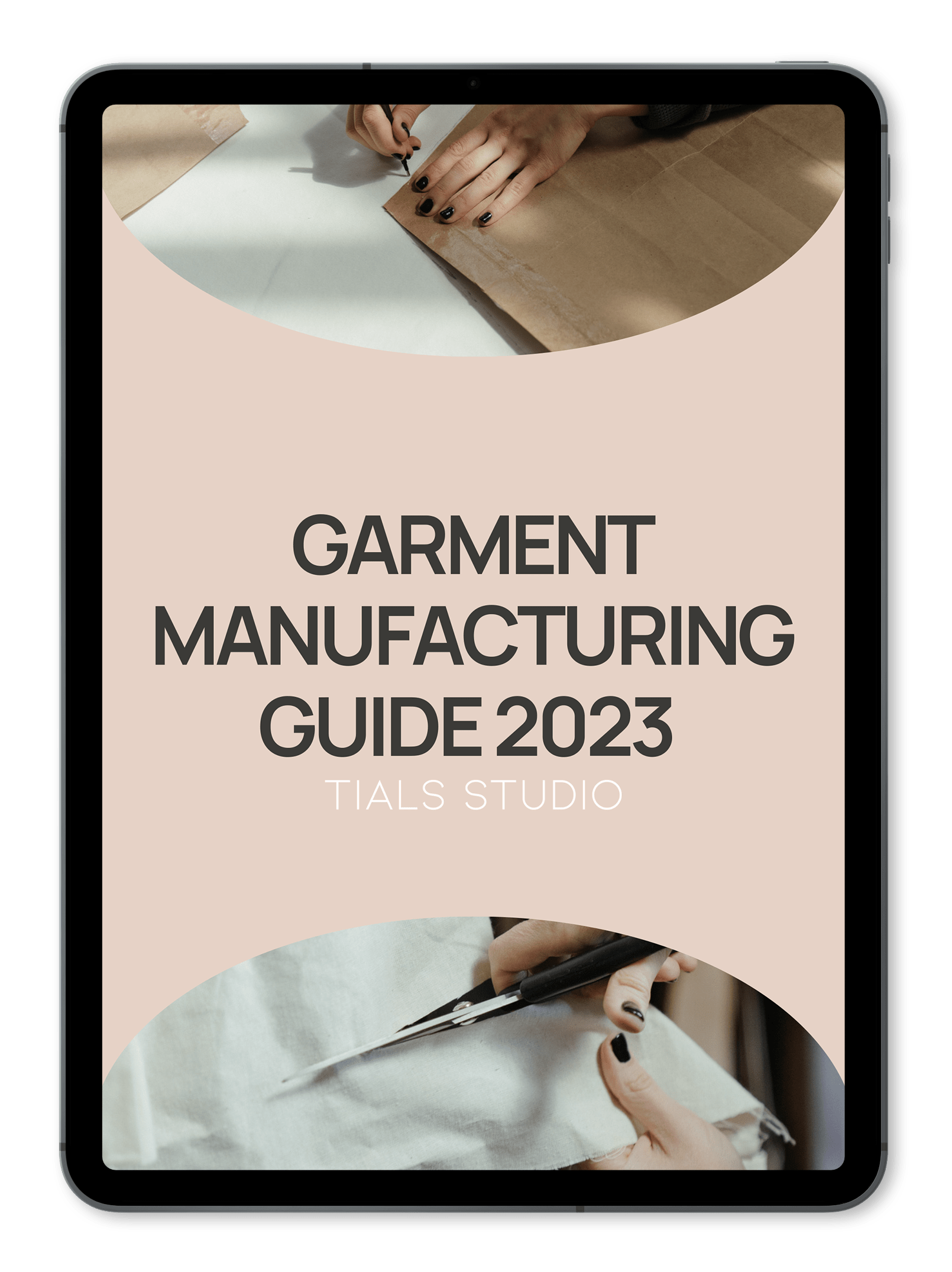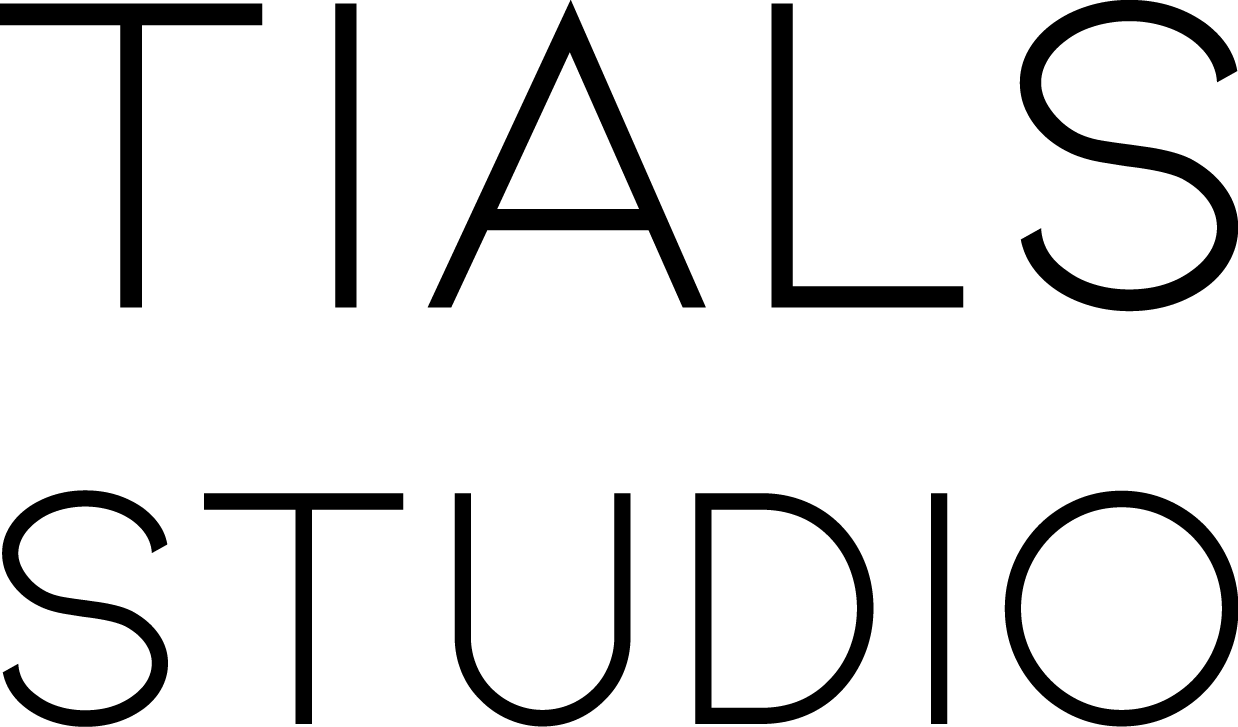We get asked this question on a daily basis.
In reality, there is no straightforward answer. The cost of production is determined by a huge number of factors that are specific to both the details of your design, and the manufacturer you choose. It involves a complex calculation that requires a lot of information from the enquirer, which is why manufacturers cannot answer this general question – ‘How much does production cost?’ – in one go.
Before approaching your manufacturer, it is best to do research into the production methods and materials you want to use. If you know what you are looking for, it will make the process of finding a quote more efficient.
Price factors in your design
Complexity
The more complex the garment, the more expensive it is to produce. For example, a T-shirt is much easier to produce than a tiered ruffle dress, and also takes less time. The manufacturer will be charging you for the time it takes to create your garments.
Fabric + Materials
Your choice of fabric has a direct impact on the production cost of your garment. You can produce with a vast range of fabrics, which are all at different price-points: from cotton, to linen, to silk, to wool etc. Once you have decided the type of fabric, you still have to consider the different varieties, blends and qualities. Will you use locally sourced fabrics, or imported fabrics? All of these will have an effect on the production cost. If you choose eco-friendly fabrics then the cost will always be higher than non-sustainable options.
It is best to reverse engineer your pricing, especially if you have a strict design budget. For example, let’s say you are releasing a line of dresses for $100 on a direct to retail business model. In this scenario, you may not want to exceed your production cost over $20-$25 per unit. From here, you can work out what fabric options are suitable for your budget. You can ask the manufacturer to provide different fabric options for you to choose from, as they may be able to provide similar alternatives from their knowledge in the industry.
You may also need other materials for your garment, such as zippers, draw strings, clasps, buttons and more. Again, these are available at varying qualities and at a range of prices, which will ultimately impact the production cost.
Embellishments
By embellishments, we mean any dying, printing or embroidery on your design. Each of these techniques comes with its own associated costs.
Dyeing
If the fabric you want is not available in the colour you need, but there is an ‘RFD’ (Ready for Dye) option, then you might choose to dye it. Dyeing fabrics is a great way to create custom colours. However, this contributes another fee to your production cost. If you decide to use natural dyes these tend to be around 3x the price of regular dyes.
Dyeing also increases your Minimum Order Quantities (MOQs). To achieve your desired colour, a certain amount of dye is mixed. Manufacturers will require you to use all of your custom dye in order to reduce waste, and so require you to order the amount of fabric that will consume the volume of dye. This could change a fabric order that previously had a MOQ of 50m, to a MOQ of 150m if dyed. Increasing the quantity of your order increases your production costs.
Printing
There are different printing options available on the market, which involve different pricing structures. Screen printing is generally around 50% cheaper than digital printing but involves the setup cost of the screen, which can be expensive. However, if you are planning to use this screen repeatedly, then this one-time fee is worth it.
The printing design and fabric you choose may dictate the printing method for your garments. If the printing design is complex then digital printing may be your only option. Some fabrics cannot be printed on at all.
Not all manufacturers are able to dye or print on your fabric. Depending on the type of manufacturer you choose, you may have to source this yourself.
TIALS Studio is a full package garment factory. We manage the whole sampling and production process and source everything you need for your designs. This way, you’re not having to communicate with multiple vendors and suppliers which can be time-consuming. Of course, you can provide us with a bill of materials with your tech pack so that we can speed up the sourcing process and find you the best quotes if you have this information.
Our value-added services mean that we act as your in-house production manager, by overseeing your account, maintaining the process smoothly and achieve deadlines. Our full package pricing means that you are safe from any rejects during sampling and production and that you will receive the highest quality product that you have approved for production.
The Manufacturer
Each clothing manufacturer charges differently for their service. This is down to the country they are based in, their individual operational costs, and their experience. Another major factor that impacts the cost of production is if the manufacturer is ethical.
Manufacturers in places such as China, India, and Africa are able to provide a cheap price for production. Staff salaries are as low as $26 a month¹ and working conditions are dangerous. If price is the determining factor for your business, then you might choose to produce in non-ethical factories, where they are able to lower their production costs because workers are exploited.
If you choose to produce with an ethical factory, the cost of production will inevitably be higher. This is because workers are paid a fair wage, and work regular hours in a safe facility.
The cost of ethical production and the cost of producing in sweatshops is incomparable. These are completely different options, with completely different offerings. Your decision depends on your business ethics, and maybe even your personal views too.
Here at TIALS STUDIO, we pay above the standard national wage and our studio is a safe working environment in Bali, Indonesia. Our staff work 9-5 with breaks, have paid leave, and are provided with retirement plans and life insurance. Read more about our ethical practices here.



